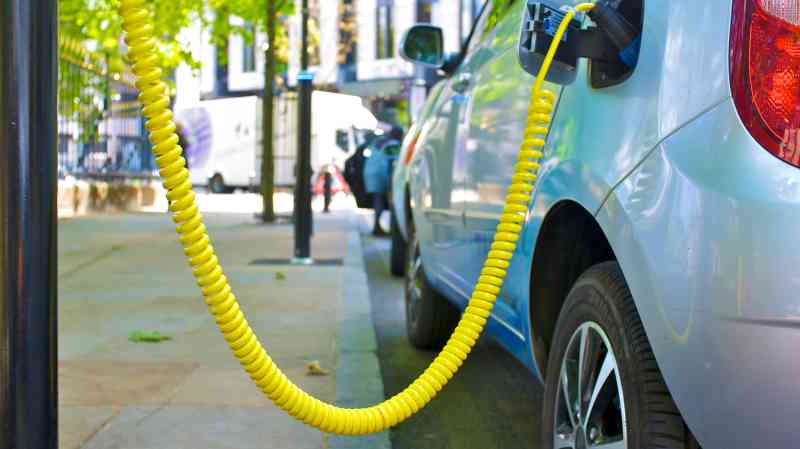Price cuts and the clearing out of existing stock ahead of the hoped-for sales push with the September registration plate change have helped to push electric cars to their best performance in 20 months.
The number of all-new cars sold in August fell by 1.3 per cent to 84,500, according to figures compiled by the Society of Motor Manufacturers and Traders.
New registrations in the year to date of 1.23 million are 5.1 per cent higher than in the first eight months of 2023. However, that compares with year-on-year growth of more than 10 per cent earlier in the year, when the March registration plate change month was the best in five years.
The number of electric cars sold in August rose by 10.8 per cent to 19,100, representing 22.6 per cent of all new registrations in the month. That was the highest monthly proportion since December 2022, when Tesla flooded the electric car market for Christmas. But the strong showing for zero-emission vehicles comes with caveats. August traditionally is one of the slowest months of the year and in the year to date electric car sales are still stuck at not much better than one in six, at 17.2 per cent.
Manufacturers and dealers have been discounting heavily this summer to clear showrooms for the autumn and much of the electric car demand remains with fleets and businesses, where company car tax incentives are in place, compared with cash-strapped private buyers for whom there are no subsidies.
The society said electric car sales remained on course to miss their government targets under the zero emission vehicle mandate, which stipulates that 22 per cent of the cars sold by manufacturers in 2024 must be electric or face a fine. The trade body estimates that 364,000 new electric cars will be delivered by the end of the year, but that will comprise only 18.5 per cent of the market, nearly 70,000 units short of the government mandate.
Carmakers that are not producing enough electric cars had a poor August. Total sales by Ford, the one-time market leader, fell by 28 per cent year-on-year. Vauxhall’s total sales dropped by 41 per cent. Both companies have said that they are holding back petrol models to increase their proportion of electric vehicles and ameliorate penalties under the zero emission vehicle mandate.
“August’s electric vehicle growth is welcome, but it’s always a very low-volume month and so is subject to distortions ahead of September’s number plate change,” Mike Hawes, the chief executive of the SMMT, said. “The introduction of the new 74 plate together with a raft of compelling offers and discounts from manufacturers, plus growing model choice, will help to increase purchase consideration and will be a true barometer for market demand.
“Encouraging a mass-market shift to electric vehicles remains a challenge and urgent action must be taken to help buyers to overcome affordability issues and concerns about charging point provision.”
